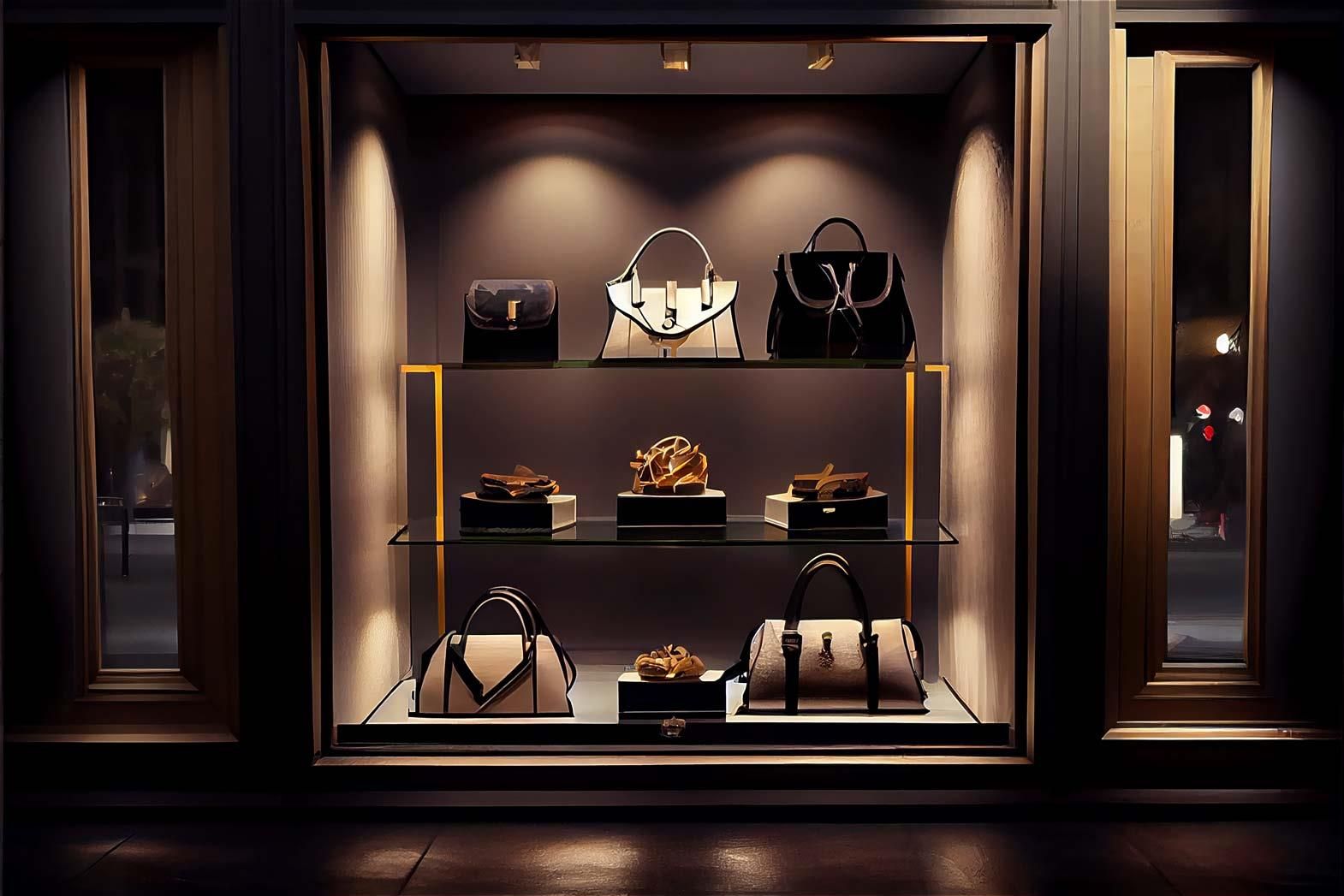Perhaps surprisingly, luxury brands have often produced goods in a more sustainable way than mass-market brands. Luxury brands tend to work with high-quality materials and highly skilled craftsmanship, producing relatively small quantities of their collections and products. However, luxury brands also produce high quantities of smaller items, and some materials such as furs and luxury leather skins are often produced in an unsustainable way.
Many wealthy, well-educated consumers want to know where their luxury products originate and what materials they are made from. Transparency of the supply chain is becoming more and more important as we face the sustainability and environmental issues of today. Luxury brands are becoming increasingly aware of such "positive luxury" sentiment and are looking to communicate their sustainability credentials within their luxury brand marketing.
The WWF Deeper Luxury report written in 2006 by Jem Bendell and Anthony Kleanthous highlighted the need for luxury brands to look deeper into their supply chains to make sure that they are ethical through and through and thus deserving of the "sustainable luxury" label.
Luxury brands are becoming very aware of sustainability, and many already have supply chain monitoring in place to enhance sustainable luxury. It's interesting to note the LVMH purchase (approximately 49%) of ethical luxury brand Edun. LVMH's other luxury brands could benefit from the influence of one of the world's first ethical luxury fashion brands. Some of Louis Vuitton's recent fashion advertising and luxury marketing has shown Louis Vuitton as an authentic brand with a valued heritage and trusted craftsmanship.
This year has seen the launch of Diana Verde Nieto's online magazine 'Positive Luxury'. The luxury brands that Diane writes about are fashion and luxury lifestyle brands that are ethical in some respect and are looking to improve the sustainability of their materials and supply chain. As well as sustainable luxury fashion, Diane also focuses on luxury organic cosmetics and luxury ethical travel companies such as Nature & Kind and Six Senses.
For a long time now, we have been using organic and natural cosmetics with luxury products such as Bioeffect's serum, Oskia Skincare, Nude Skincare, and Cosmetico Fruit from Chile. The world of fashion has been, and still is to some extent, a considerable challenge for those aiming to promote positive luxury and sustainable luxury. But with Christopher Raeburn winning the British Fashion Award 2012 for best emerging menswear designer, upcycling could be the future. Christopher loves the idea of positive luxury, and his commitment to sustainable luxury is evident from his championing the use of re-appropriated military fabrics to create garments that are functional, intelligent, and meticulously crafted. Raeburn's collections are highlighted for their intelligent design, high quality, and extreme attention to detail.
The author is associated with Belovedmedia.com - Fashion Branding Agency.








Comments